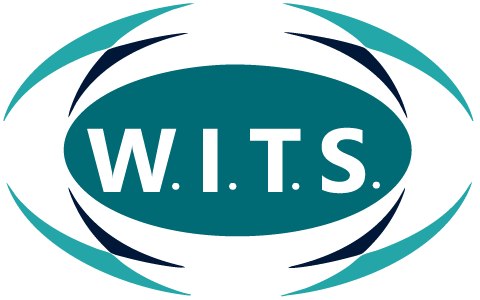
Safety Standards Guide for Fitness and Healthcare Professionals
Ensuring public safety is a top priority in the fitness and healthcare fields. Professionals in these industries are entrusted with the well-being of others, which necessitates a foundation of core knowledge, practical skills, and compliance with recognized industry standards. This guide outlines the key safety standards and requirements that every fitness and healthcare professional should adhere to for long-term success and accountability.
Why Core Knowledge and Practical Skills Matter
Both core knowledge and hands-on practical skills are essential for professionals working in fitness and healthcare. Here's why:
- Core Knowledge equips professionals with the theoretical understanding needed to make informed decisions, such as identifying risks, understanding physiology, and applying best practices for safety.
- Practical Skills ensure the ability to apply this knowledge effectively in real-world scenarios—from executing proper lifting techniques to identifying health risks in clients or patients.
Without strong proficiency in both areas, professionals may find themselves unprepared to handle critical situations, undermining their credibility and potentially compromising the safety of those they serve.
Testing and Certification
Importance of Exams
A dual focus on testing core knowledge and practical skills is crucial for establishing competence. Certification exams evaluate both:
- Extensive theoretical understanding, ensuring professionals grasp key concepts and safety guidelines.
- Hands-on competency, verifying skills in simulated or real-life settings.
The gold standard for such certification includes compliance with NCCA (National Commission for Certifying Agencies) standards. The NCCA’s rigorous guidelines ensure certifications meet public safety and professional excellence requirements. If the certification group does not have both exams in place then you are putting yourself and your clients at risk. Success in a long career requires both areas.
College Credit Standards
To further heighten credibility and career advancement, accredited certifications should comply with college credit standards. Certifications linked to college credit demonstrate a well-developed educational foundation, signaling deeper expertise to employers and clients alike.
In building your career start with the unique 30 plus year education and certification group in the World Instructor Training Schools. https://www.witseducation.com
The Key to Long-Term Career Success
Long-term success in the fitness and healthcare sectors hinges on continual learning and maintaining a professional reputation. Consider these factors:
- Professional Development: Regularly updating your skill set by attending workshops, earning continuing education credits, and staying informed on industry changes.
- Ethics and Accountability: Adhering to ethical standards and practicing transparency in your work to build trust with clients, patients, and employers.
- Evolving with Trends: The healthcare and fitness fields continually evolve. Staying ahead by mastering new methodologies and tools helps you remain competitive and effective.
By prioritizing safety and competency, professionals not only protect those they serve but also create a meaningful, sustainable career.
Liability and Personal Exposure
Fitness and healthcare professionals face significant liability if they fail to meet safety standards. Understanding and mitigating risks are vital to protecting both your clients and your career.
In protecting you, your business and family, you need to review https://witseducation.com/pages/liability-insurance
Importance of Liability Insurance
No matter how skilled you are, there’s always a risk of client or patient injury, which can lead to legal claims. Having liability insurance provides critical protection and ensures you’re covered against potential lawsuits or claims.
Reducing Personal Exposure
- Document every session or intervention accurately to provide a trail of accountability.
- Operate within your scope of practice by avoiding activities you lack the proper training for.
- Follow all NCCA-compliant standards and engage in ongoing education to ensure you’re adhering to the latest safety protocols.
Start Building a Safety-Centered Career
By dedicating yourself to mastering both knowledge and practical skills, complying with industry standards, and mitigating exposure, you’re setting the foundation for a safe and successful career in fitness or healthcare. Prioritize safety today, and make every decision with public trust in mind.
In building your career start with the unique 30 plus year education and certification group in the World Instructor Training Schools. https://www.witseducation.com
